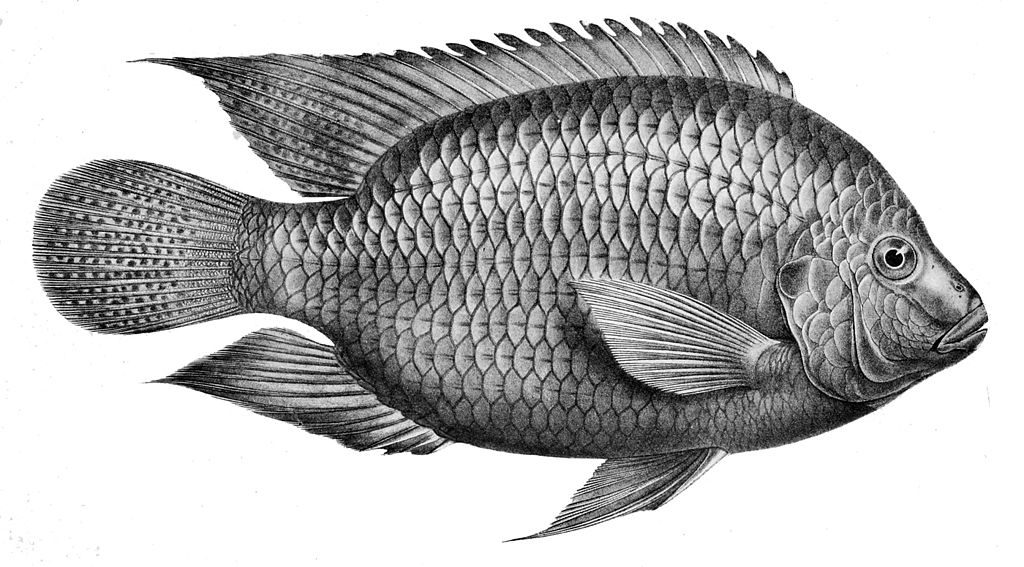
The Pakistan Journal of Zoology got hoodwinked by a tall fishing tale. And they’re letting everyone know.
[Looking for Forensics Friday? They’ll resume as soon as we get through a backlog of posts we didn’t publish during our 10-day outage.]
The journal has retracted six papers that share a co-author who the editors say “exploited the peer-review process in the Journal of Zoology by generating fake reviewers[sic] email addresses.”
Some version of the fake peer review ruse has, as Retraction Watch readers may recall, been responsible for at least 700 retractions since 2012.
Here’s the notice, which isn’t playing catch-and-release:
It was brought to our attention that Dr. Ghulam Abbas from Centre of Excellence in Marine Biology, University of Karachi, Pakistan has exploited the peer-review process in the Journal of Zoology by generating fake reviewers email addresses. This led to an in-depth investigation by the Editorial Team and Executive Council of Zoological Society of Pakistan. The editorial team had written confidentially to all the reviewers at their official addresses, the list of which was provided by the corresponding author at the time of online submission of the manuscript. The editorial team was flabbergasted by the responses of scientists whose names were exploited and proven the intentional fraudulent act of the (corresponding) author.
Based on the mutual consent of the Chief-Editor of Pakistan Journal of Zoology and the President, Zoological Society of Pakistan and Executive Council of Zoological Society of Pakistan, all articles of the fraudulent authors in Pakistan Journal of Zoology are now retracted and have been placed on the watch list for future monitoring.
The articles, which were published in 2017 and 2018, included “Optimum Salinity Level for Seed Production and Survival of Red Tilapia (Hybrid) in Concrete Tanks” and “Evaluation of the Growth Performance, Body Composition and Survival Rate of Juvenile Snakehead (Channa marulius) Fed on Different Feeds.”
Abbas has not responded to our request for comment.
The journal’s editor, Abdul Rauf Shakoori, of the University of the Punjab in Lahore, told Retraction Watch he had missed our 2014 feature in Nature on fake peer reviews:
I was really surprised to find this fraud. I was not aware of this kind of criminal activity before in science. At least not to my knowledge.
Like Retraction Watch? You can make a tax-deductible contribution to support our work, follow us on Twitter, like us on Facebook, add us to your RSS reader, sign up for an email every time there’s a new post (look for the “follow” button at the lower right part of your screen), or subscribe to our daily digest. If you find a retraction that’s not in our database, you can let us know here. For comments or feedback, email us at [email protected].
“I was really surprised to find this fraud. I was not aware of this kind of criminal activity before in science. At least not to my knowledge.”
Either the editor is channeling Captain Louis Renault’s “I’m shocked!” expression or he probably should use this opportunity to launch a systematic review of papers published over the past several years. In my limited experience, non-institutional email addresses are a yellow flag warranting further review; certainly most aren’t fraudulent, but worth a look.
“You can see a lot just by observing.”
–Yogi Berra
This is an unacceptable practice and these scientists, as I may call, should be band from publishing in world-leading journals